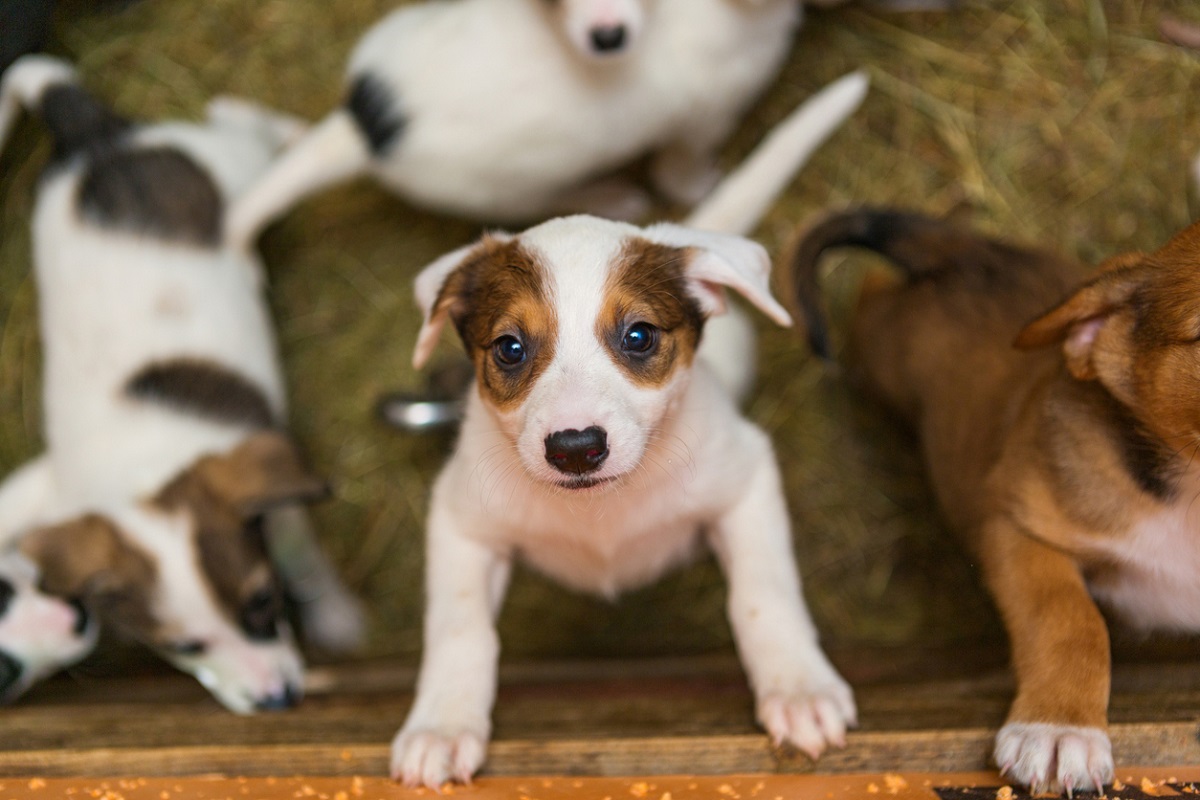RSPCA ACT is calling on Canberra dog owners to desex their pets as the shelter faces an unprecedented number of unwanted litters and pregnant dogs.
More than 265 puppies have arrived at the shelter this financial year – the highest in recent memory and far beyond what staff say they have seen in the past decade.
Michelle Robertson, CEO of RSPCA ACT, said the situation is quickly becoming untenable.
“We are receiving pregnant mums who themselves are not healthy, neo natal puppies, puppies are being born with severe deformities due to irresponsible breeding, it is quite confronting.”
The shelter currently has 40 puppies in care and a total of 288 animals. Robertson said the puppies require significant time and resources to raise and rehome.
“These pregnant mums often look like they were not loved or cared for. It’s as if some of these irresponsible people simply think they’re ‘someone else’s problem’ and that ‘someone else’ is us and our supporters.”
In one case, 10 puppies born under a house were euthanised days later after testing positive for parvovirus. More recently, three puppies were born without noses and with deformed mouths – a likely result of backyard breeding – and were also euthanised.
“We are absolutely here for the animals, but trying to manage these horrific incidents is soul destroying for staff and volunteers,” said Robertson. “We have to break the cycle. Irresponsible pet owners are burdening animal shelters and the entire community and simply perpetuating cycles of neglect.”
To cope with the growing intake, RSPCA ACT’s vet clinic has increased its desexing capacity and is working to prepare puppies for adoption as quickly as possible.
Robertson urged the community to intervene when they witness irresponsible breeding.
“If you hear about a friend or someone selling puppies for cheap or giving them away for free, please try to convince them to desex, or at a minimum put measures in place to avoid litters being born.
“If financial hardship is the key barrier to responsible pet ownership, there are some options available and services to access.
“This is a whole of community problem, it’s getting worse each day and we’re going to need to pull together to stop it,” said Robertson.
To stay up to date on the latest industry headlines, sign up to the Pet Industry News e-newsletter.

